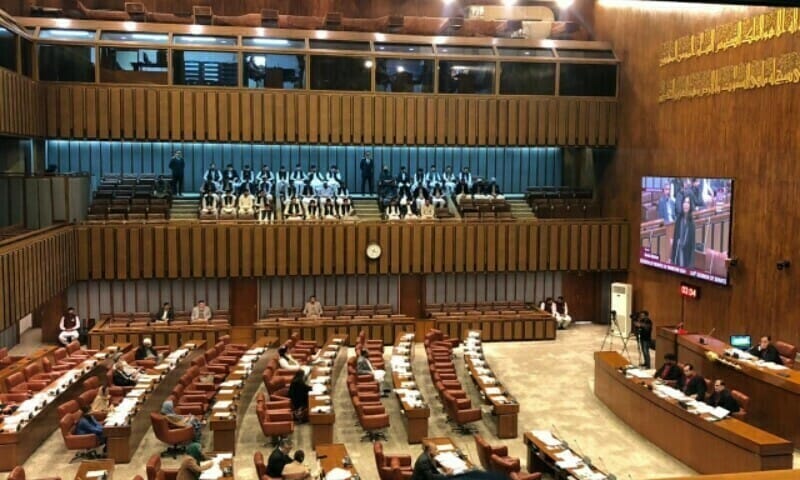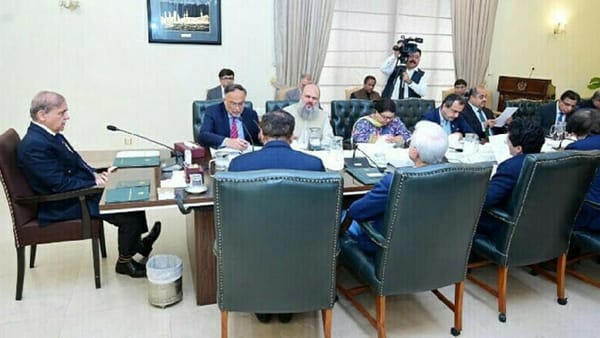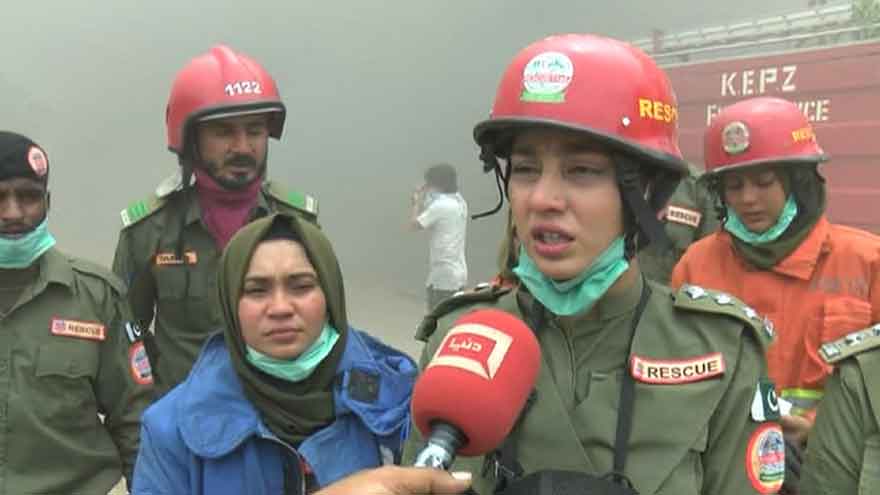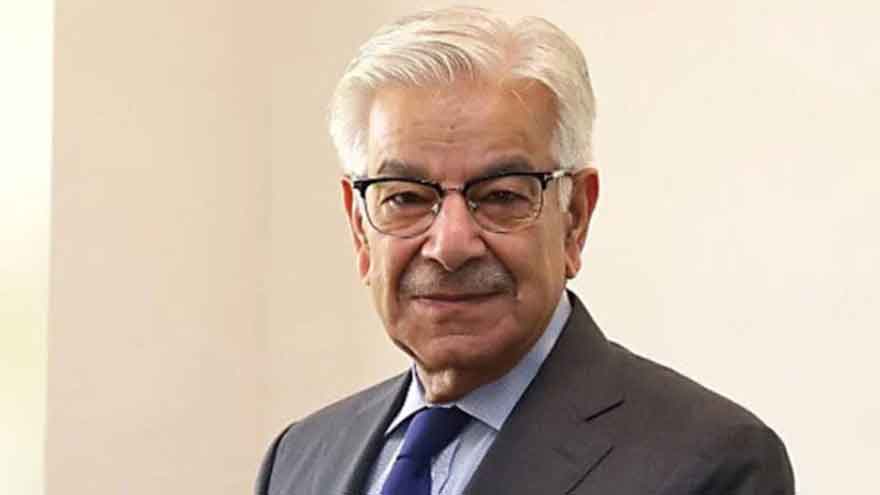Senate Becomes Inactive Following Retirement of Chairman and Deputy Chairman

Islamabad , March 12: The Senate of Pakistan has entered a state of inactivity following the retirement of Chairman Senate Sadiq Sanjrani and Deputy Chairman Senate Mirza Afridi. This unprecedented situation, a first in the history of Pakistan, arises due to the absence of a presiding officer in the upper house of parliament.
The Senate's dormancy is attributed to delays in general elections and the subsequent absence of an Electoral College. Efforts to amend the rules of the Senate Secretariat, aimed at addressing procedural issues, have been unsuccessful as political parties failed to reach a consensus despite discussions in the Parliamentary Leadership Committee.
Elections for 48 Senate seats are scheduled for April 2, as confirmed by Election Commission officials. The commission is expected to release the election schedule on Thursday, March 14. Notably, elections will not be held for the four Senate seats previously reserved for tribal areas, as these seats are now subject to the 25th Amendment following their merger into Khyber Pakhtunkhwa in 2014.
The upcoming elections will see the allocation of seven general seats, two seats each for women and technocrats, and clerics from each province, along with two seats reserved for non-Muslims. Additionally, two senators will be elected from Islamabad, one each for general and technocrat/Ulama seats.
Yesterday marked the retirement of 52 Senate members upon completion of their terms. The retiring senators represent various political parties, including Muslim League NK, PPP, PTI, JUI-F, PK MAP, National Party, BAP, Jamaat-e-Islami, MQM, and Functional League. Notable among the retirees are Asad Junejo and Mushahid Hussain Syed Samit from Islamabad, with 12 senators each from Sindh and Punjab, and 11 senators from both Khyber Pakhtunkhwa and Balochistan.
As the Senate grapples with this unprecedented situation, political stakeholders await the outcome of the upcoming elections to restore functionality to the upper house of parliament.




